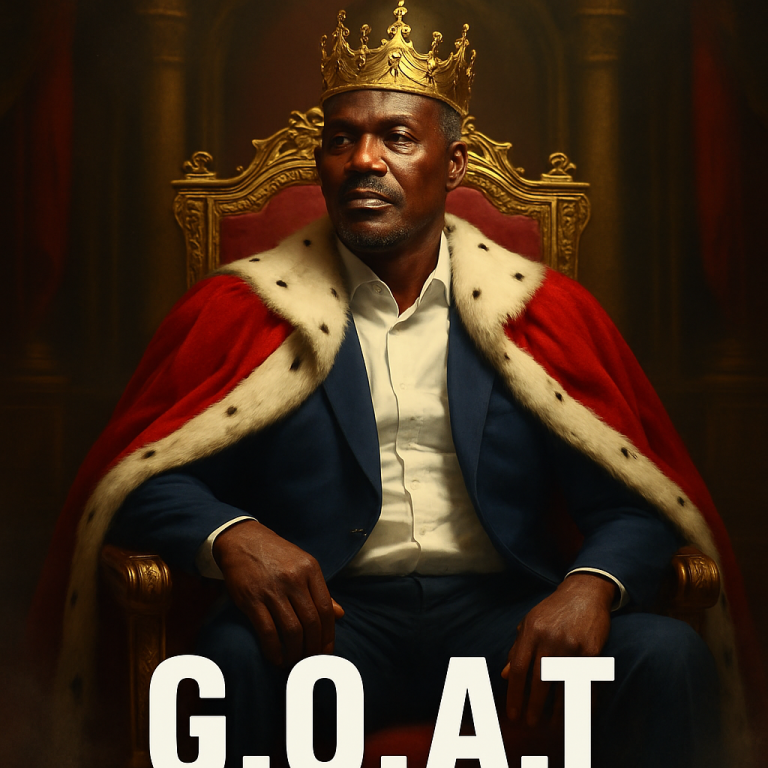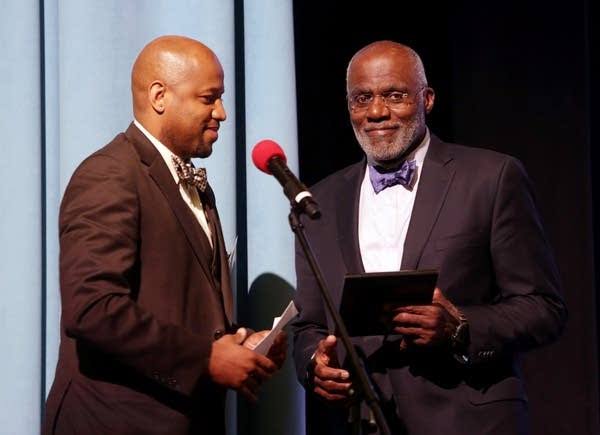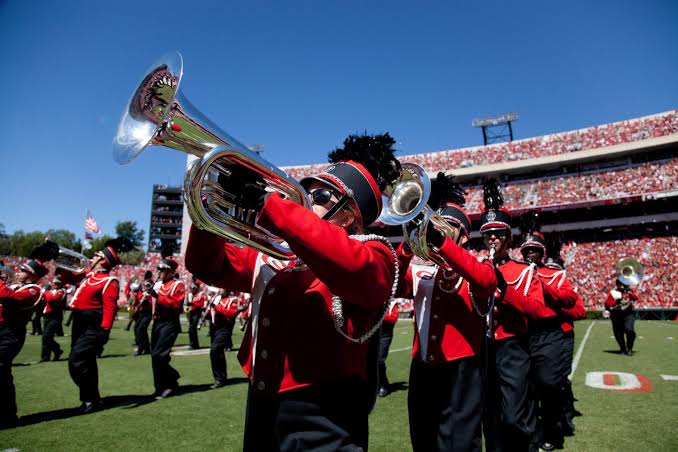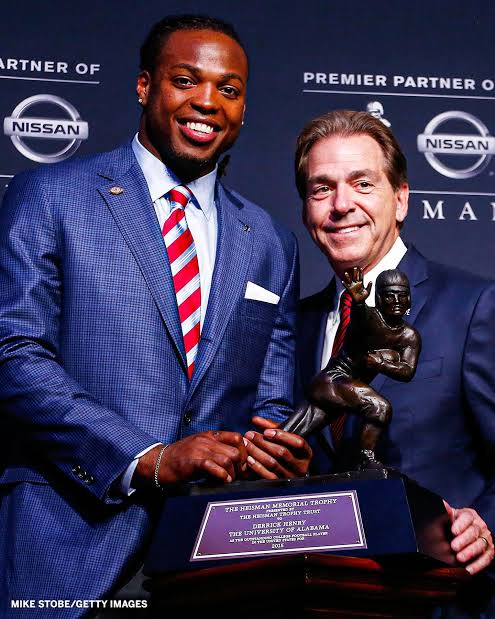
A recent flurry of reports confirmed that a new presidential commission on college sports is in the works — and it’s likely to include former Alabama head coach Nick Saban as a co-chair. While the news has stirred headlines, it has also triggered deep concern among advocates for college athletes, many of whom argue that Saban represents the very system that has long resisted real change.
Saban, who retired in early 2024 after a legendary run at Alabama and previous stints at LSU, Michigan State, and even the NFL’s Miami Dolphins, has never been shy about his opinions on the state of college football. But his views have frequently clashed with the rising tide of player empowerment, particularly on matters like name, image, and likeness (NIL) compensation and the transfer portal.
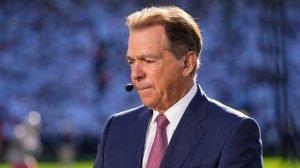
This week, during an interview on The Paul Finebaum Show, Saban addressed the rumors surrounding his potential role. “Well, first of all, I don’t know a lot about the commission,” Saban said. “Secondly, I’m not sure we really need a commission. I think that, you know, a lot of people know exactly what the issues are in college football and exactly what we need to do to fix them.”
His remarks were revealing. Despite questioning the need for such a commission, Saban did not say he would decline to participate. Instead, his focus seemed more on consolidating control and less on amplifying player voices.
Critics say this is exactly the problem.
For years, Saban profited from the unpaid labor of athletes, building dynasties and earning tens of millions while players navigated a rigid system with limited rights. Now, as athletes finally begin to receive a fraction of the compensation they generate — through NIL deals and increased mobility — Saban has sounded the alarm about the sport’s direction. To many, his criticisms suggest a desire to rein in those very reforms.
“Whatever his role, his agenda is clear: less money paid to the players, more money retained by the schools,” said one sports policy analyst.
This potential appointment raises fundamental questions about who gets to shape the future of college athletics. If the commission is meant to address systemic imbalances and protect athlete welfare, then placing someone with a track record of opposing those changes at the top seems counterintuitive.
The optics aren’t good. Nor is the message it sends to the athletes themselves — that even in a moment when player rights are gaining ground, the old power structures are reasserting control.
Nick Saban’s football résumé is indisputable. But when it comes to the best interests of college athletes, many believe he should not be at the table — let alone at the head of it.


